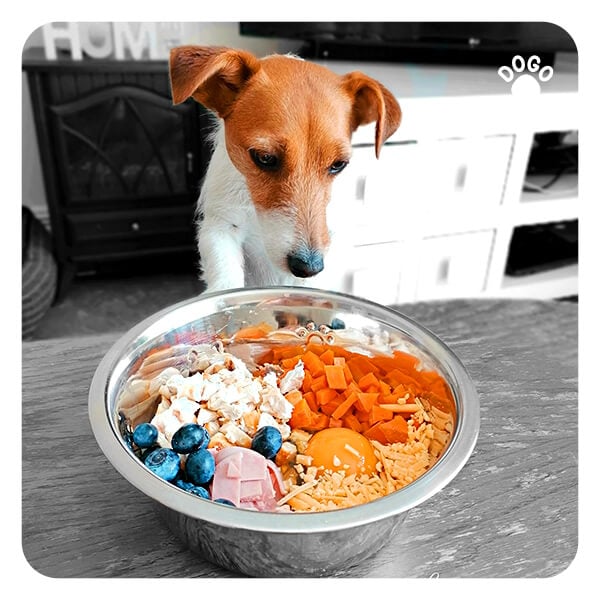 When you bring home a new puppy, there are many exciting and important things to consider. One of the most crucial aspects of caring for your furry friend is their diet. Just like human babies, puppies have specific nutritional needs that require special attention. One common question that arises among new puppy owners is, “How long should a puppy eat puppy food?” In this blog post, we will explore this topic in detail and provide you with the information you need to make the best decision for your growing pup.
When you bring home a new puppy, there are many exciting and important things to consider. One of the most crucial aspects of caring for your furry friend is their diet. Just like human babies, puppies have specific nutritional needs that require special attention. One common question that arises among new puppy owners is, “How long should a puppy eat puppy food?” In this blog post, we will explore this topic in detail and provide you with the information you need to make the best decision for your growing pup.
Puppies, much like children, go through various stages of development. These stages influence their nutritional requirements. During the first few weeks of their lives, puppies rely solely on their mother’s milk, which provides them with all the necessary nutrients they need to grow and thrive. However, as they grow older and start weaning, it becomes essential to introduce them to solid food.
The transition from milk to solid food can be an exciting and messy time. You’ll notice your puppy’s curiosity and eagerness to explore new tastes and textures. This is when puppy food comes into play. Puppy food is specially formulated to meet the specific needs of a growing pup. It contains the right balance of proteins, fats, carbohydrates, vitamins, and minerals required for their optimal growth and development.
Now, let’s address the question at hand: how long should a puppy eat puppy food? While there isn’t a one-size-fits-all answer, a general guideline is to feed your puppy with puppy food until they reach around 80% of their adult size. This usually occurs between nine months to one year of age, depending on the breed. Larger breeds tend to take longer to reach their full size, so they may need puppy food for up to 18 months.
During this time, it’s important to monitor your puppy’s growth and consult with your veterinarian regularly. They can assess your pup’s overall health and make specific recommendations based on their individual needs. Remember, every dog is unique, and what works for one may not work for another.
Once your puppy reaches the appropriate age and size, it’s time to transition them to adult dog food. This gradual transition ensures their digestive system adapts smoothly to the new diet. It’s recommended to mix increasing amounts of adult food with decreasing amounts of puppy food over the course of about a week. This way, your puppy can adjust to the new taste and texture without any digestive upsets.
The duration for which a puppy should eat puppy food depends on their breed, size, and individual growth rate. As a responsible pet owner, it’s crucial to provide your puppy with the proper nutrition they need to flourish. Consult with your veterinarian for guidance and make the transition to adult dog food when the time is right. Remember, a healthy diet lays the foundation for a happy and energetic companion for years to come.
Statistics:
– According to the American Kennel Club, smaller breeds usually reach their adult size between 9 to 10 months of age, while larger breeds may take up to 12 to 18 months.
– A study published in the Journal of the American Veterinary Medical Association found that puppies fed a complete and balanced puppy diet had fewer instances of skeletal abnormalities compared to those fed an adult dog food.[/fusion_text]



